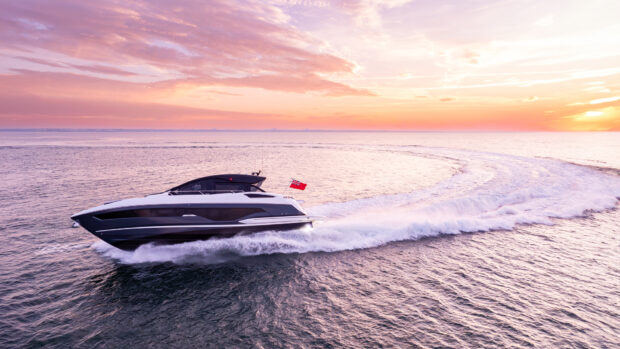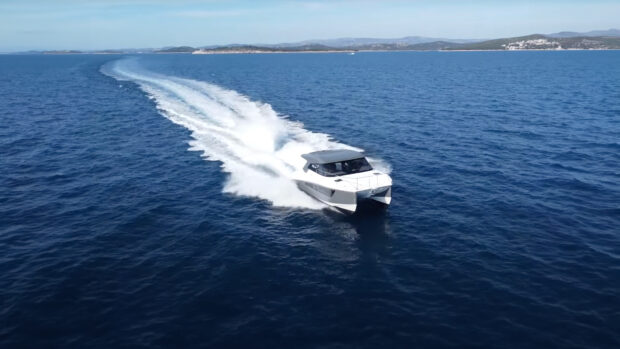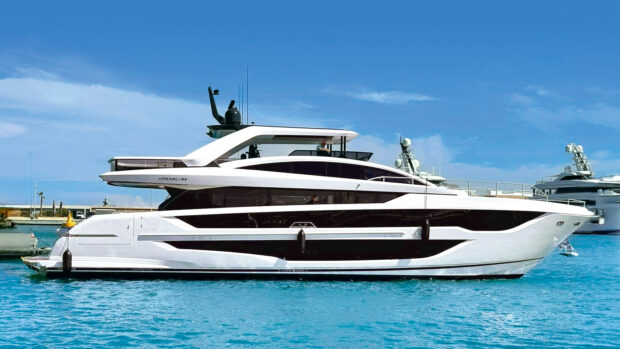Drink boating
In February the Government announced that it would be introducing alcohol limits for leisure mariners before the end of the year. It will do this by bringing into force an amendment to an existing law originally intended for commercial craft. As you can see from our own Letters page (p38) as well as Tim Bartlett’s report on the MAIB’s latest findings (p30), it is causing uproar on both sides of the debate. In case you
missed the announcement, the crucial details are as follows:
● It will apply to anybody on board a boat who is “attempting to exercise a function in connection with the navigation of the ship”. (A ship covers most boats but not PWCs).
● The alcohol limit is the same as that applied to cars.
● Any marine official can detain a boat pending the arrival of the police if they “suspect that a person who is, or may be, on board has committed an offence (drinking)”.
● The penalty is a fine and/or up to two years in prison.
● Boats of less than 7m with a design speed of 7 knots or less are likely to be exempt.
At first glance, these proposals appear sensible enough. Drunken hooligans charging about at 40 knots through congested waters after eight pints of lager will be locked up, while nice old boys in their dinghies won’t be, right?
Wrong. Consider this scenario. You are invited out on a friend’s boat for a spot of angling. It’s a 7.2m sportsfisher with a 100hp diesel engine that is good for 17 knots flat out. As you relax in the evening sun, rod in hand, your teetotal host offers
you a couple of glasses of wine, which you accept safe in the knowledge that he is helming.
As you motor gently back to port at a dignified six knots, he asks you to spot various lights and buoys. You help him navigate safely back to his berth but just as you are preparing the lines, a bored harbour official flags you down. He sees the half empty bottle in the coolbox and detains you and your mate’s boat on suspicion that one or both of you have been drinking. After a two-hour wait the police arrive and demand you give a sample.
Before you know it you’re facing a possible two-year stretch in the clink. Meanwhile, the drunken prat on a PWC is free to walk.
Somehow, what started out as an attempt to stop irresponsible idiots from endangering life and limb has ended up ensnaring the very people it was designed to protect. The trouble is that anybody who attempts to criticise these proposals is immediately accused of condoning alcohol abuse afloat.
For the record, I don’t condone drink driving on board. Nor do I condone ill-considered legislation.








